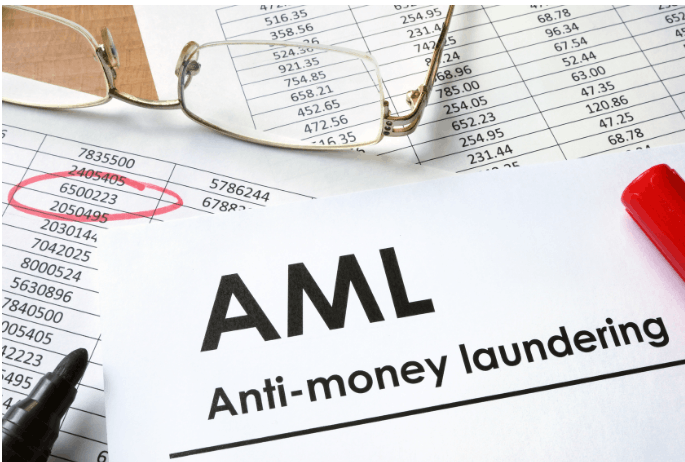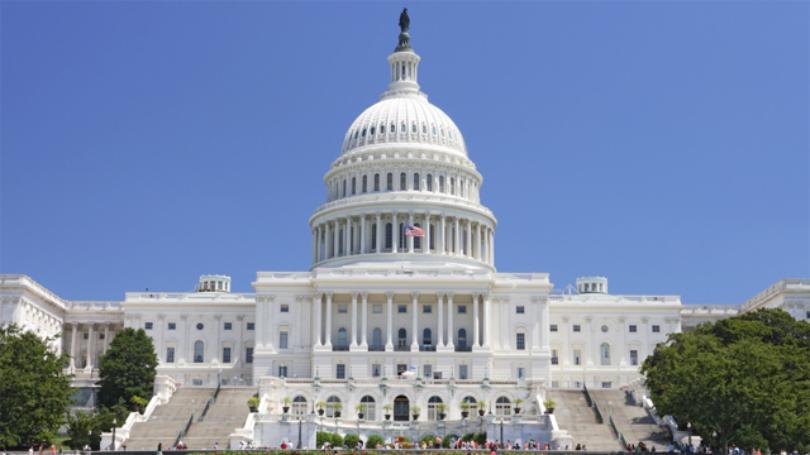Banks, Credit Unions and Other Financial Insitutions as Deputized Law Enforcement
The logic and law enforcement value of imposing anti-financial crime obligations on financial intermediaries are clear. Nevertheless, a reassessment is now appropriate, particularly given (1) increasing legal and regulatory demands on financial intermediaries; (2) the exclusion, through “derisking,” from the financial system of small and medium businesses (SMEs), nonprofit organizations, money services businesses (MSBs), and correspondent relationship-dependent banks; and, (3) overarching questions as to whether the financial and administrative costs of compliance within the current legal framework—generally or at specific points—yield commensurate law enforcement benefits without unduly harming the legitimate interests of individuals, businesses and other financial system stakeholders.






